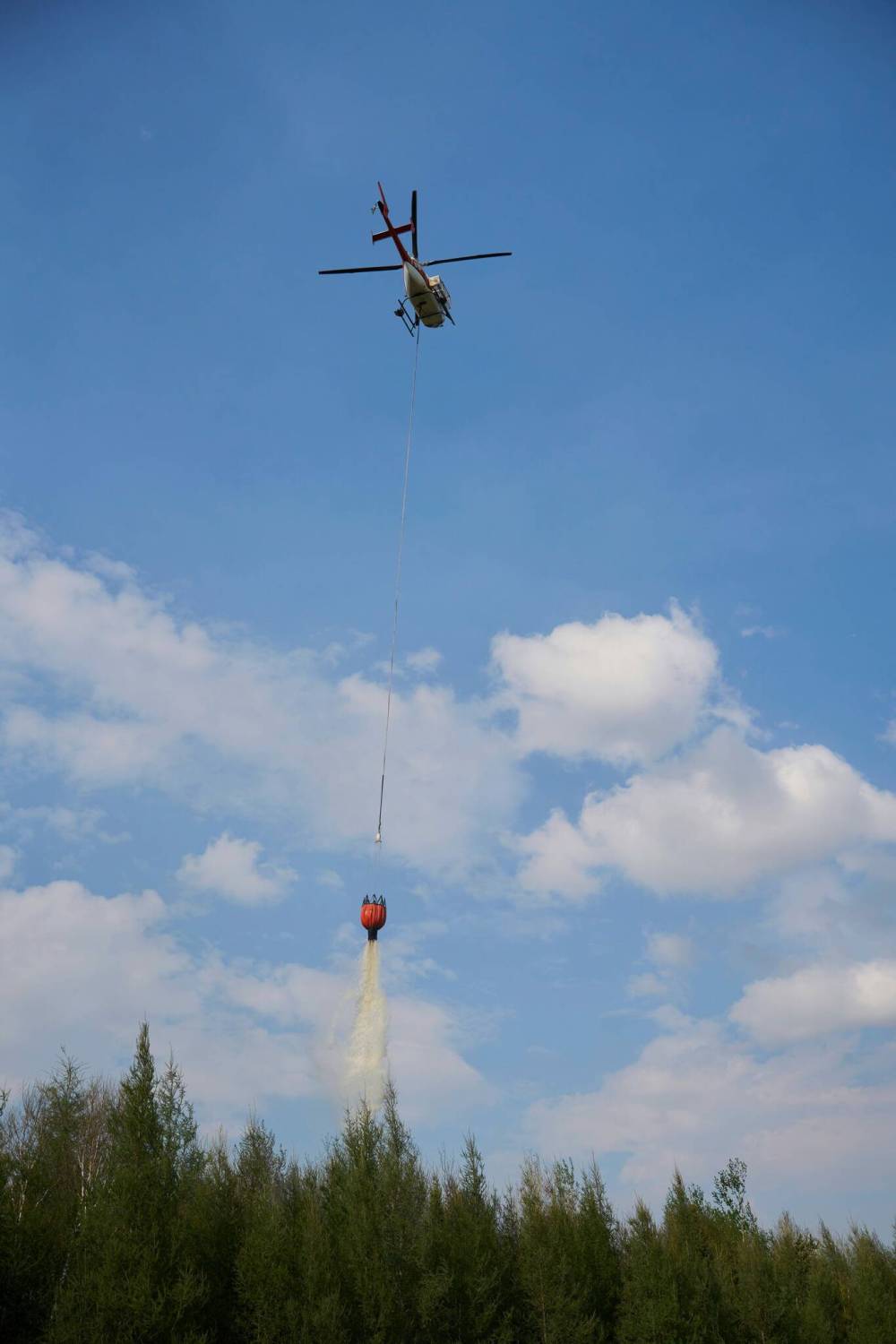Sadly, we’re not alone in facing disasters
Advertisement
Read this article for free:
or
Already have an account? Log in here »
To continue reading, please subscribe:
Monthly Digital Subscription
$0 for the first 4 weeks*
- Enjoy unlimited reading on winnipegfreepress.com
- Read the E-Edition, our digital replica newspaper
- Access News Break, our award-winning app
- Play interactive puzzles
*No charge for 4 weeks then price increases to the regular rate of $19.00 plus GST every four weeks. Offer available to new and qualified returning subscribers only. Cancel any time.
Monthly Digital Subscription
$4.75/week*
- Enjoy unlimited reading on winnipegfreepress.com
- Read the E-Edition, our digital replica newspaper
- Access News Break, our award-winning app
- Play interactive puzzles
*Billed as $19 plus GST every four weeks. Cancel any time.
To continue reading, please subscribe:
Add Free Press access to your Brandon Sun subscription for only an additional
$1 for the first 4 weeks*
*Your next subscription payment will increase by $1.00 and you will be charged $16.99 plus GST for four weeks. After four weeks, your payment will increase to $23.99 plus GST every four weeks.
Read unlimited articles for free today:
or
Already have an account? Log in here »
Switzerland is a long way from Manitoba.
Switzerland has alpine meadows and glaciers and mountains — Manitoba does not.
Manitoba has broad swathes of flatland prairie; Switzerland does not.

David Lipnowski / The Canadian Press
A helicopter drops water on a wildfire near Lac du Bonnet on May 15.
But both jurisdictions are feeling the destructive impact of global climate change, and both are likely to continue to reap that whirlwind.
In Manitoba, regularly warmer weather is drying out the boreal forest, making wildland fires both more common and more severe. This month’s fires have brought the wildfire-burned lands in Manitoba in 2025 to a staggering 200,000 hectares, almost triple the amount of forestland burned in an entire average year. And this is just May — with fires still burning out of control and some predictions of a hotter and drier than usual summer ahead, it seems reasonable to expect the amount of burned forestland to grow.
From fire, to ice.
Switzerland has seen its temperature rise, on average, by three degrees Celsius since the 1970s. In the process, glaciers across the European country have shrunk dramatically. Since 2020, Swiss glaciers have lost 40 per cent of their volume: in two summers alone, 2022 and 2023, the glacial loss was 10 per cent.
Sometimes, the loss of glaciers seems almost placid: more meltwater flows from the foot of a glacier than it has in decades past, and the toe of the glacier slowly recedes up the long canyons built by the sheer weight and movement of rivers of grinding ice. The effects are visible over years, most commonly seen by comparing year-over-year photographs.
But other times, glaciers can undergo rapid change: ice walls holding back glacial lakes collapse, or entire glacial faces can pitch down into valleys beneath them.
This past week, while Manitobans were being evacuated from scores of locations and a provincial state of emergency was being declared in an effort to deal with more than 20 forest fires, a glacial collapse virtually eradicated Blatten, a small Swiss town of 300 south of the capital of Bern.
Warming temperatures caused permafrost holding mountainside rockfaces together to melt. Millions of tons of rock spilled onto the surface of the Birch Glacier, and the combination of all that weight and warm weather Monday caused a second collapse, this time with the entire face of the glacier plowing down a mountainside and through the village. (Scientists had already noticed significant cracking occurring quickly on the glacier, and Blatten had been evacuated on an emergency basis on May 19.)
In total, snow and rock debris several metres deep now covers more than a mile of valley.
“Nature is stronger than human beings and mountain people know this well,” Swiss Environment Minister Albert Rösti said. “But what happened today is absolutely extraordinary. It was the worst we could’ve imagined.”
In Manitoba, we also know the strength of nature, from fires to floods to extreme temperatures on both sides of freezing. And the current forest fires are close to the worst the province has ever experienced.
Will disasters like Blatten happen again?
Mathieu Morlighem, a glaciologist at Dartmouth College, speaking to ABC News, said “I think we can expect more events like this in the future.”
Sadly, that holds just as true for forest fires in Manitoba as it does for glaciers in Switzerland.
The Swiss are almost half a world apart from us geographically, but all too close when it comes to facing hazards from a changing climate.
Sadly, we’re all in this together.

